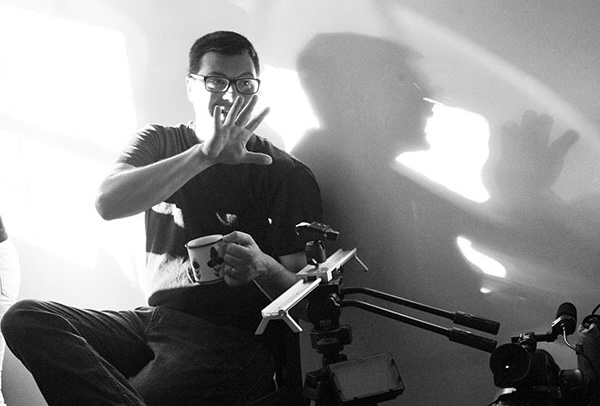

S. A. Cosby's King of Ashes is a firestorm of grief, rage, and unflinching moral complexity. It belongs to the tradition of Southern noir but refuses to be boxed in this is crime fiction that cuts bone-deep. Set in a Virginia town bristling with resentment and rot, Cosby's novel builds a world of sharp edges: family loyalty, racial tension, generational trauma, and the brutal currency of vengeance.
The novel centers on Roman Carruthers, a former firefighter turned reluctant heir after the death of his estranged father. Called back to a town he tried to leave behind, Roman is pulled into a violent inheritance of memory, blood, and unfinished scores. From the moment he sets foot on scorched soil, the past begins clawing its way back, one dangerous name at a time.
After years of silence, Roman returns to his childhood home to bury the father he barely knew and discovers he's inherited far more than a house. His half-brothers, each dangerous in their own way, are circling. Old debts resurface. And beneath it all simmers a mystery no one wants unearthed: the real story behind the fire that killed Roman's mother decades ago.
Cosby explores race, masculinity, and revenge without flinching. This is a story about the stories we inherit and whether we can rewrite them without becoming the villains ourselves. The fire that took Roman's mother becomes a metaphor for what smolders beneath a town that pretends nothing ever burns.
Cosby's style here reminds me of Jesmyn Ward with a switchblade. His sentences are lean but emotionally loaded. There's a rhythm to the violence a kind of poetry that feels both mournful and inevitable. Few authors write action and aftermath with equal precision. Cosby does.
There's a scene in the final third of the book no spoilers where Roman confronts his brother in a burned-out church, and it reads like Greek tragedy dragged through the backroads of Appalachia. It's fierce, heartbreaking, and beautifully staged. That one stayed with me long after I closed the book.
I came to this novel expecting grit I got poetry. I expected hard men with gunsI got broken sons with ghosts. As a writer, I admire how Cosby balances violence with vulnerability. There's a moment where Roman, alone in the house he grew up in, finds an old photo of his mother with a burn mark just over her heart. That small image says more about grief and legacy than any monologue could. It's these quiet, devastating moments that make Cosby's work literarynot just in craft, but in consequence.
As a horror and thriller author myself, I'm always chasing that balance between brutality and meaning. King of Ashes reminded me that the most haunting stories don't always need monsterssometimes they just need a mirror, and a match.
Cosby's exploration of broken families and buried rage resonated deeply with me. In my own fiction, I often write about inheritance not just of blood, but of silence. What we carry. What we choose to set down. Reading this helped me rethink the emotional arcs in my current project, where revenge and remorse are coiled tight around the same spine. It was a necessary reminder that violence without reflection is just noise and that the quiet aftermath is where truth lives.
King of Ashes is devastating, beautifully written, and emotionally fierce. It's a crime novel with literary depth, a family saga with blood on its hands, and a Southern gothic that burns with present-day relevance. Read it not just for the mystery, but for the reckoning. This is storytelling with soul and scars.
Jamie Bucuy is a psychological horror and thriller writer with a Master of Fine Arts in Creative Writing. With a passion for exploring the darker facets of human nature, Jamie brings a keen analytical eye to the genre. His reviews combine literary insight with a deep understanding of the craft, providing readers with thoughtful perspectives on modern and classic horror and suspense fiction.

Author of psychological thrillers and supernatural horror. Journey into stories where reality distorts, and the unknown takes hold.
 The Willows
The Willows
 We Have Always Lived in the Castle
We Have Always Lived in the Castle
 Misery
Misery
Stay updated with the latest news and releases from Jamie Bucuy